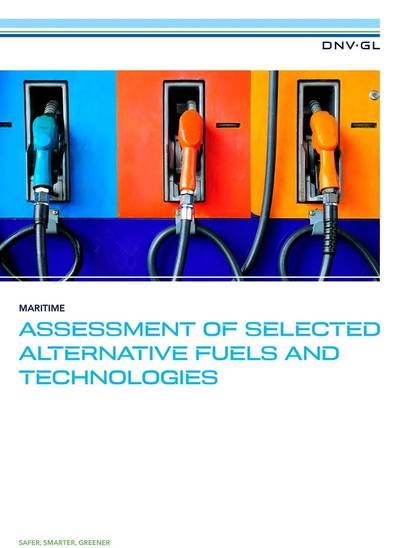DNV GL White Paper Assesses Alternative Fuels
The technologies and fuels considered in the white paper are many of the most commonly used in the shipping industry today: LNG, LPG, methanol, biofuel, hydrogen, battery systems, fuel cell systems, and wind-assisted propulsion. The white paper identifies and examines the factors that will affect the uptake and acceptance of alternative fuels and technologies in shipping, including environmental compatibility, availability, fuel costs and the international rules within the IGF Code. Over the short term, the white paper foresees that the vast majority of conventionally fuelled vessels already in service will either switch to low sulfur conventional fuels, or implement a scrubber system while continuing to use heavy fuel oil (HFO).
For newbuilding vessels, the sulphur cap could be a major driver for alternative fuels, and DNV GL’s Gerd Würsig, Business Director Alternative fuelled ships, at DNV GL – Maritime, believes that LNG is the prime contender among them: “LNG has already overcome the barriers related to international legislation and is available in sufficient quantities today to meet the requirements of the shipping industry for many years. It also fits within the trend of demands to lower emissions of CO2, NOx and particulate matter. At the end of the day, however, the best concept for a given application needs to be determined by the shipowner on a case-by-case basis, and at DNV GL we are ready to assist in finding the best solution.”















